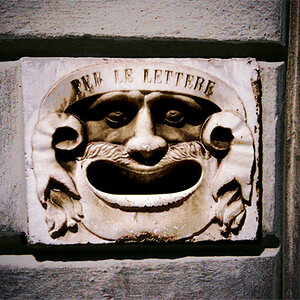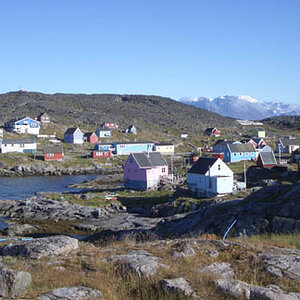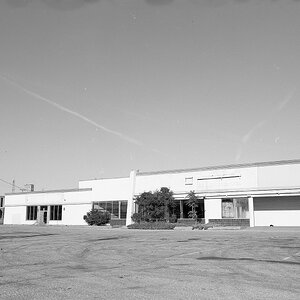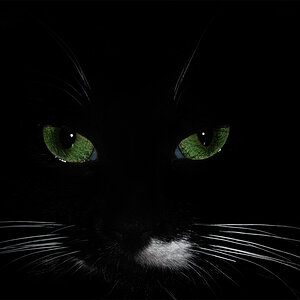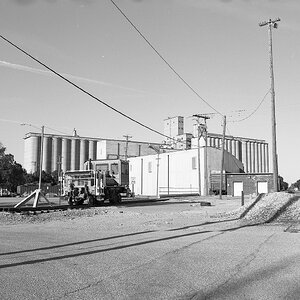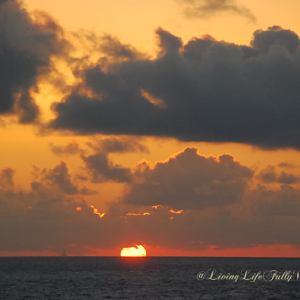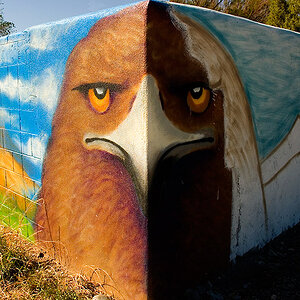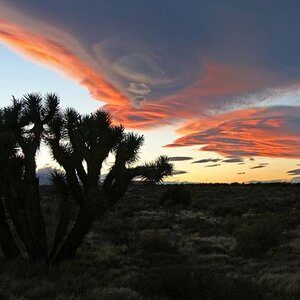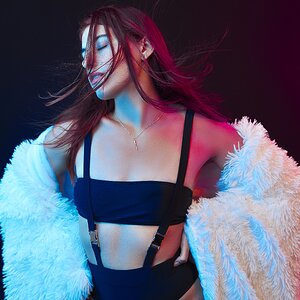Lostfiniel
TPF Noob!
- Joined
- Jan 18, 2008
- Messages
- 65
- Reaction score
- 1
- Can others edit my Photos
- Photos OK to edit
I was at a nearby garden last weekend experimenting with different things. I had tried going early in the morning for better light, but I am a night person and I couldn't get up in time. I ended up trying to shoot in less than ideal light and continually found myself frustrated.
I messed with the aperture value, iso and shutter speed and couldn't find any good combination that would prevent exposures like these:


I know that there are filters that could be of use. But I don't have an slr and I'm guessing that filters are not normally used on cameras like mine. (Sony Cybershot DSC H7)
Is there another option open to me or should I just wait for afternoon light/overcast days?
I messed with the aperture value, iso and shutter speed and couldn't find any good combination that would prevent exposures like these:


I know that there are filters that could be of use. But I don't have an slr and I'm guessing that filters are not normally used on cameras like mine. (Sony Cybershot DSC H7)
Is there another option open to me or should I just wait for afternoon light/overcast days?



